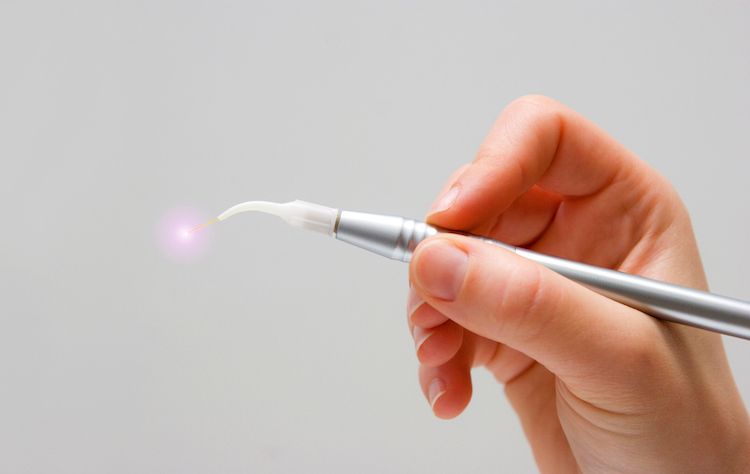Tongue tie is a condition that affects the movement of the tongue due to a tight or thick band of tissue. While often seen in infants, tongue ties can persist into adulthood. It is possible that you made it to adulthood, not knowing that you have a tongue tie. Unfortunately, it can affect oral health and overall well-being.
Luckily, there are treatment options available that can get rid of tongue tie. You can have greater tongue mobility and better oral health with the help of your dentist. If you suspect you have tongue tie or experience any associated difficulties, it is important to consult with a dental professional. They can assess your condition and recommend the best options to improve tongue mobility.

What is a Tongue Tie?
Tongue tie occurs when the tissue that connects the bottom of the tongue to the floor of the mouth restricts the tongue’s range of motion. This can interfere with many oral functions and lead to potential issues if left untreated. For example, babies with a tongue will have difficulty breastfeeding. As they get older, they can also develop speech problems. But, these issues are not only seen in children.
Effects of Tongue Tie
There are certain symptoms of tongue tie that you may notice as an adult.
Speech Difficulties: Tongue tie can affect speech clarity and articulation. As a result, it can make it hard to say certain sounds correctly. Adults with tongue ties may struggle with words that require the tongue to move freely, such as “l,” “r,” “s,” and “th” sounds.
Chewing and Swallowing Problems: The poor tongue movement can also impact chewing and swallowing. Adults with tongue tie may have difficulties moving food around the mouth and swallowing comfortably. This can lead to nutritional deficiencies.
Oral Hygiene Challenges: The limited ability to move the tongue properly can hinder good oral hygiene practices. Brushing and flossing may be less efficient. This may increase the risk of dental issues, such as cavities, gum disease, and bad breath.
Sleep Disorders: In some cases, tongue tie can lead to sleep disorders like sleep apnea. The tongue’s restricted movement may obstruct the airway during sleep. As a result, this can lead to disrupted breathing patterns and poor rest.
Seeking Relief
You can choose from several methods to get rid of your tongue tie.
A frenectomy is a minimally invasive procedure that releases or lengthens the lingual frenulum. A skilled dentist or oral surgeon can perform these procedures. This allows for greater tongue mobility. It will also reduce other tongue tie issues.
For those with speech issues due to tongue tie, working with a speech pathologist can be helpful. They can provide exercises to improve speech clarity.
Myofunctional therapy focuses on retraining the muscles of the mouth, face, and tongue. These exercises can help strengthen weakened muscles and improve overall oral function.
In some cases, you may need orthodontic treatment to address the long-term effects of tongue tie. Your dentist can help correct any dental misalignment caused by tongue tie.
